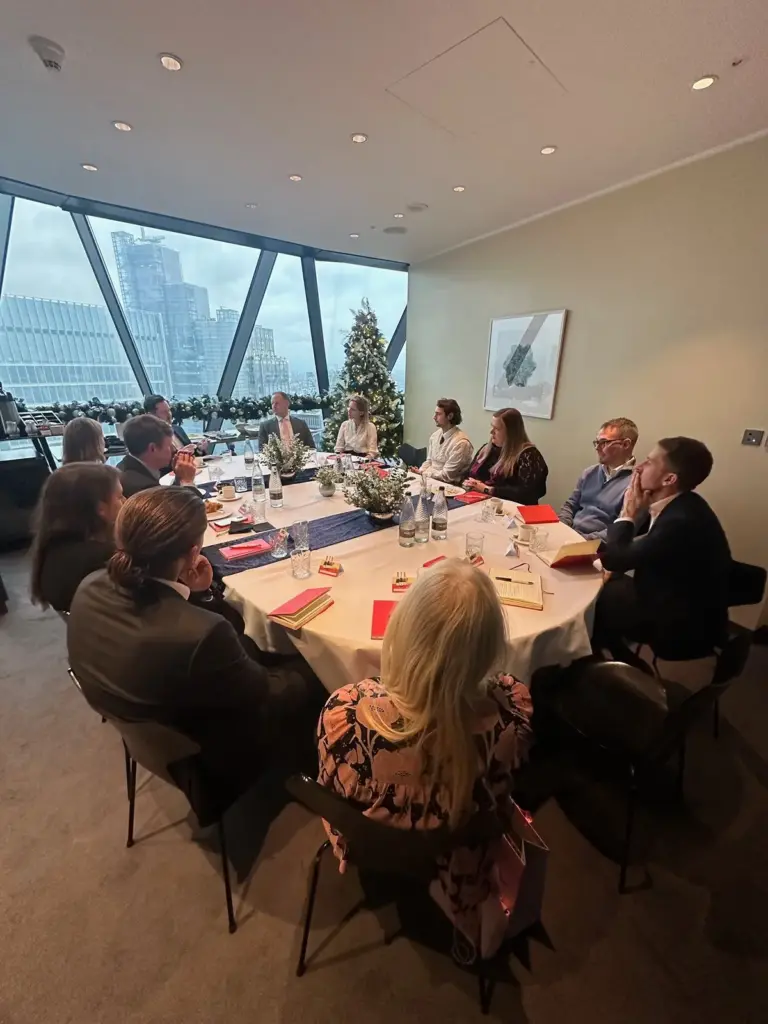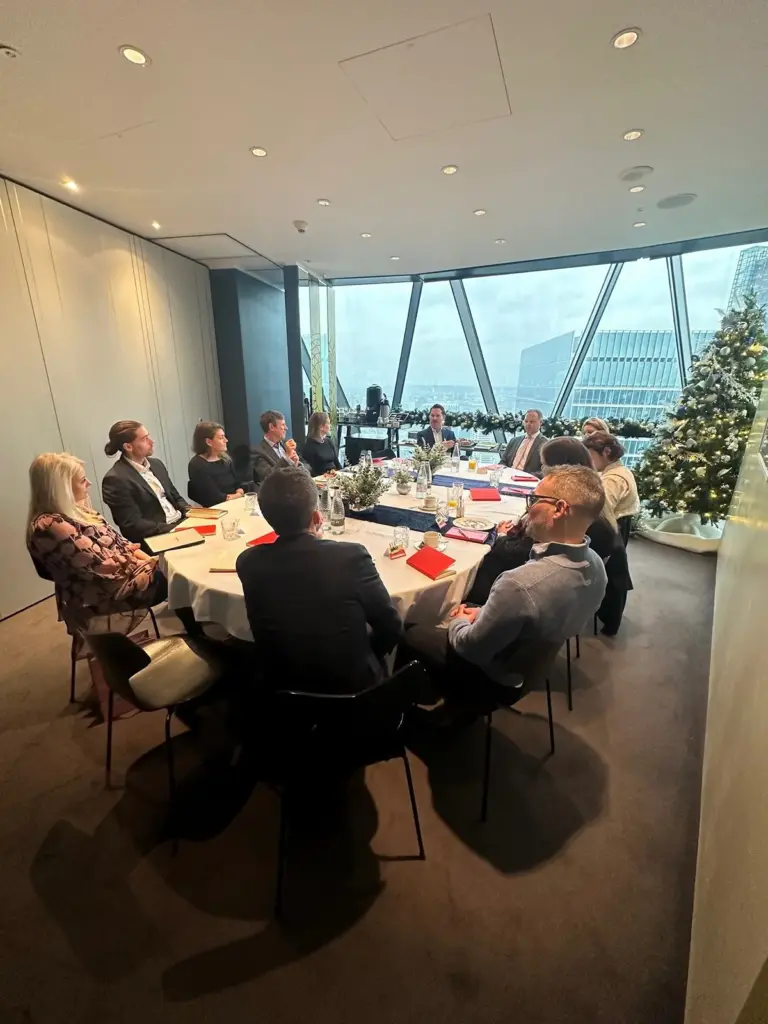
The first thing discussed was the importance of personalisation. It was agreed that the next generation is looking for a more digital approach, with sustainability and values high on the list of priorities. As a result, there is more pressure on service providers to ensure they can differentiate their offering from their competitors.
Looking more closely at sustainability, it was felt that the next generation is keen to make their mark, although this can be difficult if patriarchs and/or matriarchs struggle to relinquish their control.

It’s necessary to look deeper into what the next generation wants, what they really care about and the legacy they want to leave. As part of this, it’s essential to understand the origins of the wealth that has been passed down, in order to create an appropriate plan that aligns with their values and purpose. Transparency is key here to ensure there are adequate controls in place and to assist with informed decision making.
Throughout the discussions, many of the participants stressed the importance of having ‘grown up conversations’ when planning for the next generation. Ongoing dialogue is crucial in understanding and meeting their expectations. It was also felt that where those conversations involve the whole family, trustees face a challenge in terms of satisfying all of their requests and ensure everyone’s contentment.
It was also felt that there is a fine balance between providing a high quality, personalised service without accumulating high fees for the family to pay.
The discussions then focussed on the role technology has to play. A number of technology experts around the table agreed that legacy data has proven to be problematic. If the data isn’t up-to-date, the technology can’t perform its function. It was also felt that the next generation has a higher expectation for quicker responses and results, which can be challenging with longer-term investments.

It was agreed that it’s a case of balancing tradition with innovation. For example, using new tools such as ChatGPT has its place but cannot replace the personal touch. The human element of wealth planning is crucial to its success.
Governance is also a critical part of wealth management but advisers have to alter their approach to inherited wealth versus shared wealth. Education is a huge part of improving engagement – especially where advisers have been chosen by the senior members of the family and are now looking to build a relationship with the next generation.
It was agreed that it’s not a ‘one size fits all’ approach and that compromise is important, especially where multiple views and expectations are involved. There are lessons to be learned from other industries in terms of their adaptability and versatility so they stay current and relevant – examples cited were Blockbuster versus Apple.
In conclusion, it was felt that engagement and constant open dialogue remain crucial to ensure that families’ needs continue to be met.

